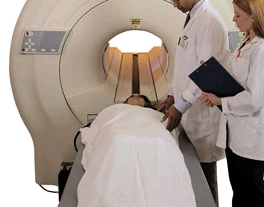
Dr Karen Roberts, MDU clinical risk manager said: “As the GMC’s study shows, the level of medication errors in hospitals is very small compared to the number of patients who are successfully cared for and treated. However, in common with the GMC, we believe that some of the medication errors that we see, such as prescribing a drug to a patient who has a known allergy to it, might be prevented by thorough planning, preparation and communication. We regularly publish advice for members to help them try to avoid the most common problems.”
The 10 key points of the MDU’s advice are:
1 Explain the details of the proposed treatment and its benefits to patients and provide warnings of the risks involved, any side effects and alternatives to the treatment, in line with GMC guidance2.
2 If you are not familiar with a drug you are prescribing, check contra-indications and side-effects and remember that you take legal responsibility for any prescription you sign.
3 Check the identity of patients during each consultation and ensure you have the correct patient records.
4 Check for known allergies or hypersensitivities and ensure these are always clearly documented in the records, in a place that is obvious to all those involved in the care of the patient.
5 Be particularly careful when prescribing medications with similar names or administering medication with similar packaging to another drug and ensure that you follow appropriate checking procedures before administration. Ensure any complex dose calculations are double checked and take care with medication that is administered by an unusual route, or at an unusual frequency.
7 Discharge letters should include unambiguous information about how regularly patients should take their medication and the dose, and patients should be given information about what to do if they experience any side-effects.
8 When carrying out high-risk procedures, such as intrathecal chemotherapy, it is essential to ask a colleague to provide an independent check and to follow any hospital protocol in this regard.
9 Be aware of and use the hospital adverse incident reporting system so that lessons can be learned from any mistakes or near misses that do occur. If you are an independent practitioner ensure that you have such a system in place.
10 Record and highlight any adverse reactions in the patient’s notes and ensure these are highlighted during handover meetings. Also report any new adverse drug reaction to the MHRA on the appropriate form.